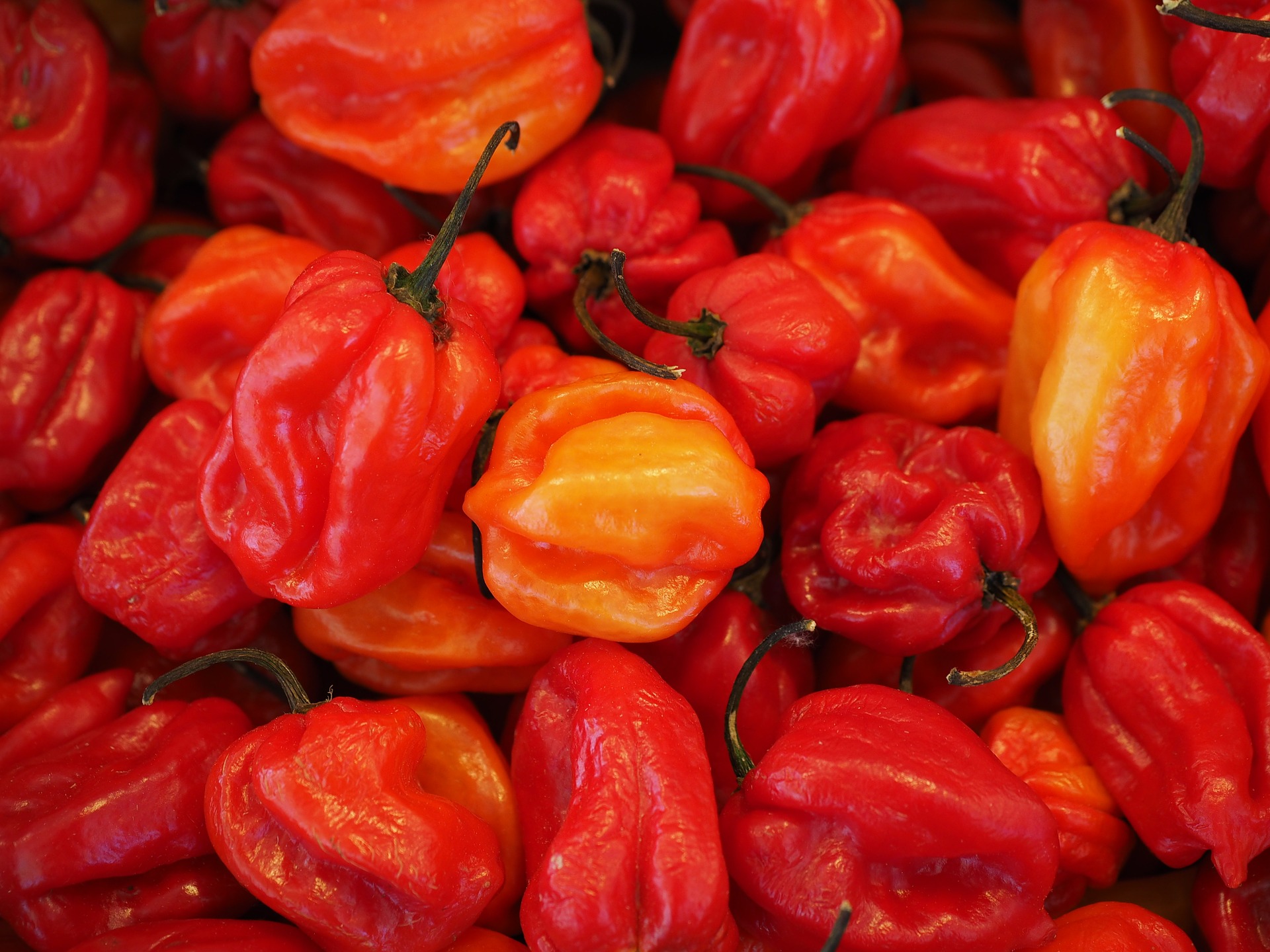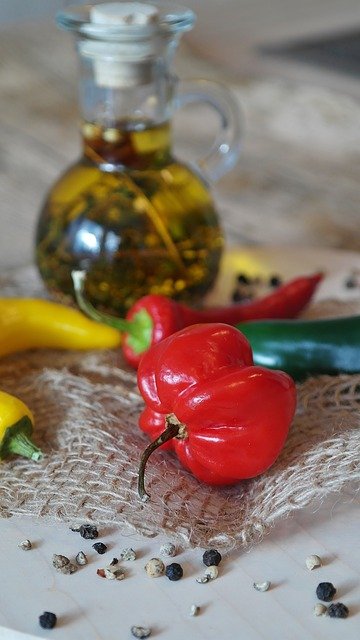SPICY FOOD COULD CAJOLE THE BRAIN TO LESSEN SALT INTAKE
Those who love spicy foods might not be doing their heart any good by adding more heat to their meals, a new study from China suggests.

Research has revealed that the taste for spicy food significantly has reduced a person's preference for salt - and subsequent intake of it - by modifying that individuals taste for salt in the brain, said the lead author, Dr. Zhiming Zhu, a professor of cardiovascular medicine at Third Military Medical University in Chongqing, China.
The researchers in the conduct of their study, recruited about 600 adults who were split into three groups - low, medium and high preference, based on how well they could tolerate a solution containing capsaicin, which is a heat producing compound found in Chili peppers. It was discovered that the more the people in the study said that they enjoyed spicy flavours, the more sensitive they were to saltiness and the lower their threshold was for considering something too salty.
Part of the findings revealed that people with a high preference for spicy food have systolic blood pressure that was reduced by an average of 8 millimetres of mercury (mmHg), and their diastolic blood pressure was reduced by an average of 5mmHg, compared to people with a low preference for spicy food.
Systolic blood pressure is the top number in a blood pressure reading, while diastolic blood pressure is the bottom number.
The researchers further conducted brain scans of the study participants as they sampled these flavours, and they focused on two brain regions - the insula and orbitofrontal cortex - known to be responsive to the taste of salt. The result showed that areas of the brain stimulated by salt and spiciness overlapped, and that spiciness further increased brain activity in areas activated by salt.
One of the limitations of the findings is that they may be generalizable only to people in China because the phenomenon has not yet been studied in other populations, the researchers noted. Also, the study looked at the impact only of capsaicin contained in Chili peppers on salt preferences and not of other types of spices.

This will be a spectacular finding if the experiment conducted is replicated on other types of spices giving the same result in a broader perspective.
Kindly Upvote, Comment, Resteem & Follow @jovi.
Thanks to #airhawk-project
Congratulations! In addition to the vote from @randowhale, you also received a vote from @randowhaletrail!
img credz: pixabay.com
Nice, you got a 21.0% @trafalgar upgoat, thanks to @jovi
Want a boost? Minnowbooster's got your back!
The @OriginalWorks bot has determined this post by @jovi to be original material and upvoted(2%) it!
To call @OriginalWorks, simply reply to any post with @originalworks or !originalworks in your message!
👍🏿
Spicy always good for health i think
You might be right
This post received a 4.8% upvote from @randowhale thanks to @jovi! For more information, click here!